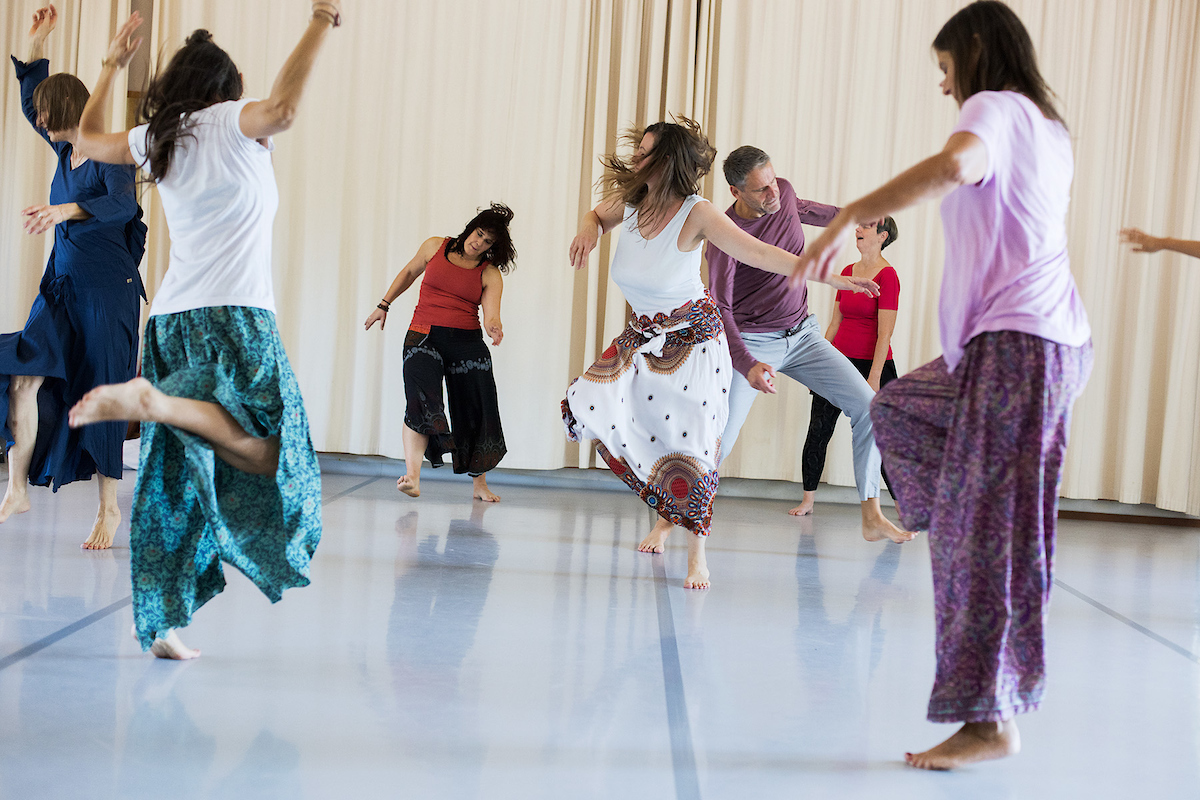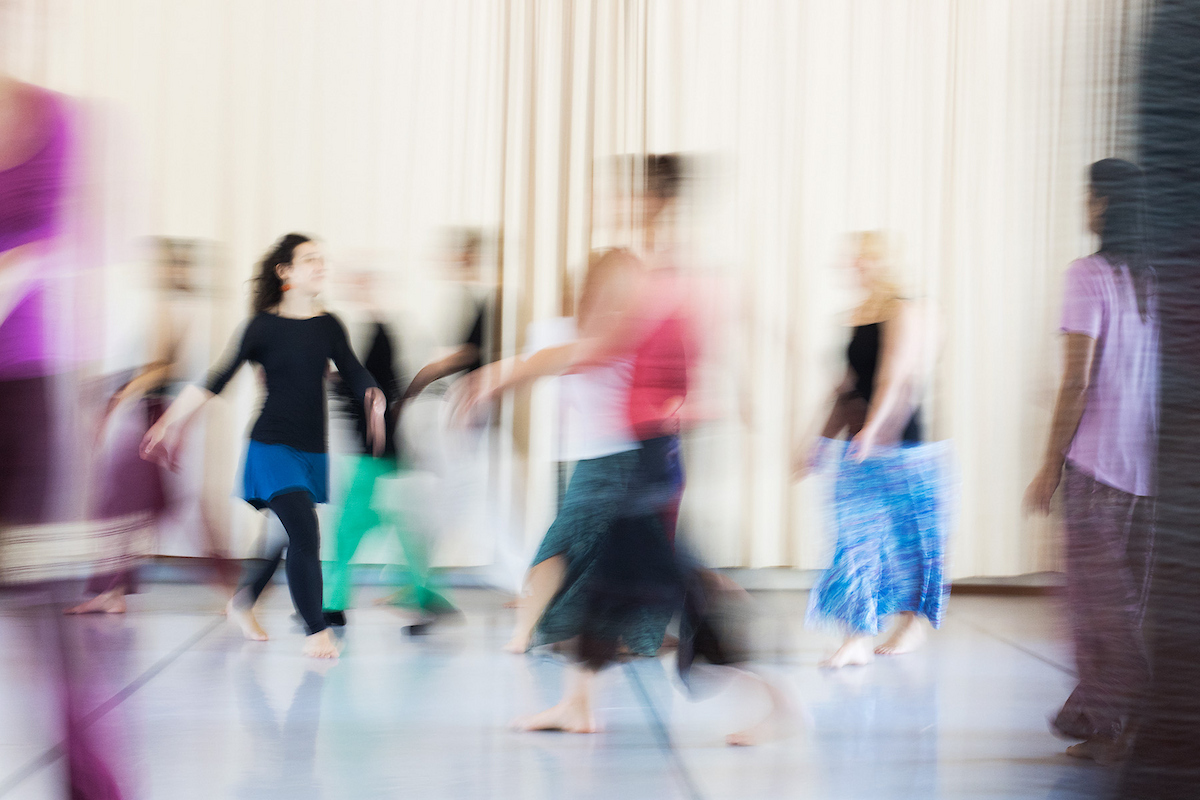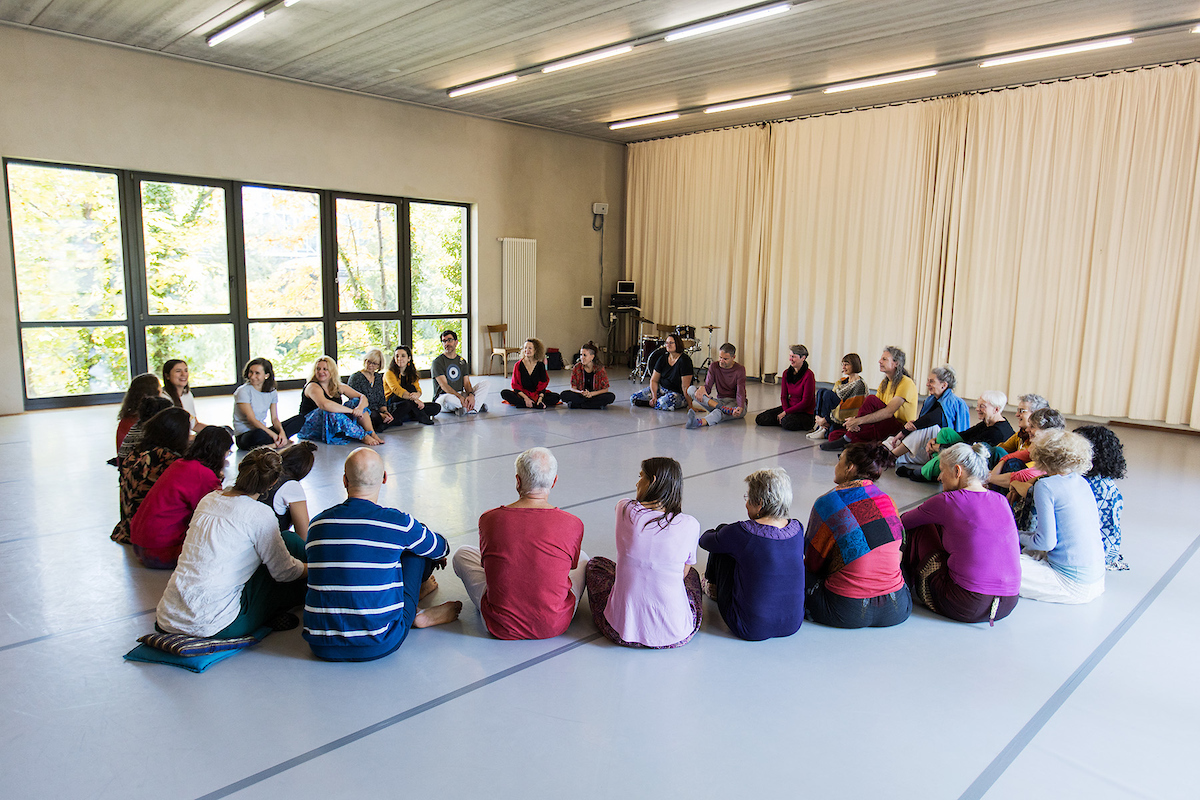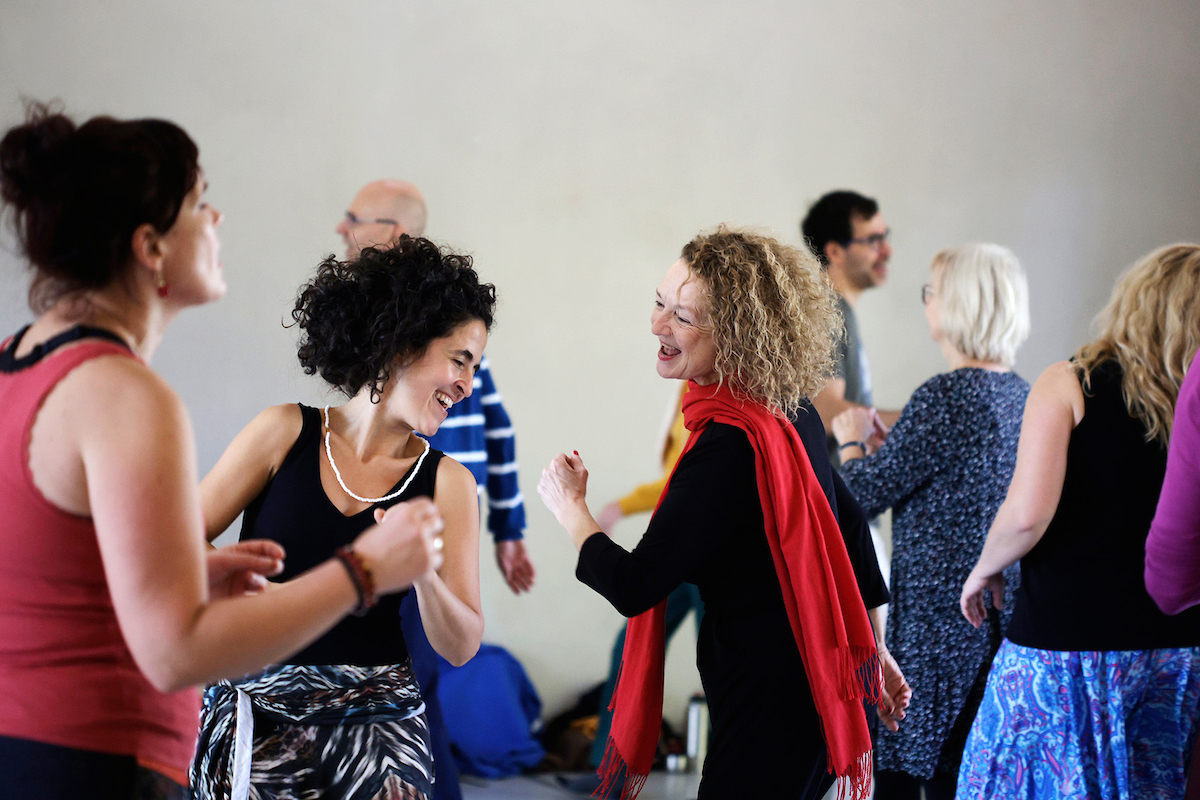The Biodanza Training
Biodanza teachers’ training offers a space for personal development.
The method combines theory with pedagogical experience in a context of affection and joy.
Biocentric education facilitates the development of our talents, helps us become musicians, dancers, and poets.
The Biodanza training is based on the international Rolando Toro standard training’s program.
It is about three years long and takes place on one weekend each month. Lecturers and workshops are given by Biodanza teachers from different countries.
The Rolando Toro Biodanza School Berlin-Mitte offers classes in three stages: extra-occupational, theoretical and practical further education.
1st stage / self-learning: 10 modules
2nd stage / specialization: 10 modules
3rd stage / methodology: 10 modules
The training curriculum composition:
The total 30 weekends of seminars will be held over the period of 3 years:
• 20 theory-practice seminars on different Biodanza aspects
• 7 seminars on the methodology of Biodanza including 1 lecture workshop on the theory of Biodanza and 2 evaluation seminars.
It is also advisable to complete 2 Minotaur Seminars within the training period.
Contents of the 20 theory-practice seminars:
1. Definition and theoretical model of Biodanza
2. The vital unconscious and the biocentric principle
3. The experience (Vivencia)
4. Biological aspects of Biodanza
5. Physiological aspects of Biodanza
6. Psychological aspects of Biodanza
7. Mythical aspects of Biodanza
8. Identity and integration
9. Trance and regression
10. Touch and tenderness
11. The human movement
12. Vitality
13. Sexuality
14. Creativity
15. Affectivity (the world of emotions)
16. Transcendence
17. Mode of action of Biodanza
18. Application and specializations of Biodanza
19. Biodanza Ars Magna
20. Biodanza and social action
Seven Methodology Seminars:
1. Methodology I (musical semantics)
2. Methodology II (biodanza session)
3. Methodology III (biodanza session)
4. Methodology IV (weekly course and stage of biodanza)
5. Methodology V (biodanza group)
6. Methodology VI (development evaluation measures in Biodanza)
7. Methodology VII ( official list of the Biodanza exercises)
Lecture workshops topics:
• Structure and evolution of the universe
• The theory of the origin of life
• Life: chaos and the fractal order
• Biodanza, the new epistemology
• Evolution of the human image/ethics, philosophy of values
Lessons under supervision:
Another obligatory part of the training is the experience of guiding a Biodanza group supervised by a teacher.
The supervised period can start only after the permit of the school director
Monograph:
It is necessary to prepare a monograph about a theoretical or practical aspect of Biodanza. The monograph will be realized following the orientation of a teacher, that will supervise the work.
Receipt of the Diploma:
The training concludes with the presentation of the monograph in front of a examiners board.
After passing the exam, the participant will receive the Biodanza teacher diploma.
The diploma entitles to:
• Registration in the International Biodanza Federation
• work in the profession as Biodanza teacher
• Use of the “Rolando Toro Biodanza System” name and logo
• Use of the Biodanza methodology
The Biodanza training
Requirements:
Previous experience in Biodanza: at least 50 hours (or six months of participation in weekly group)
• Written presentation of the personal motivation
• Three months trial period; During this time it will be examined whether the participant is suitable for the training.
An interview regarding the trial period, in order to discuss whether the training is suitable for the candidate.
Registration:
Registration documents include the motivation letter, the curriculum vitae, and photo.For more information concerning the training, or personal interview please contact the school leader.
Target group:
The Biodanza teacher’s training is designed for ones who work on the interpersonal level, such as doctors, psychologists, physiotherapists, social workers, art educators, etc. And similarly, aims for those who work with dance and music or care for their own personal development process.
But anyone who feels touched and addressed is welcome.








